In a surprising move, a senior official from the Palestinian group Hamas has extended an invitation to U.S. billionaire Elon Musk to visit the Gaza Strip and witness firsthand the devastating impact of the recent Israeli bombardment. Speaking at a press conference in Beirut, Hamas’ senior official Osama Hamdan invited Musk to evaluate the destruction and casualties, emphasizing the importance of an objective and credible assessment.

The invitation comes in the aftermath of Musk’s tour of the site of the Hamas assault on Israel, where he pledged his commitment to combatting the spread of hatred. Musk, known for owning the X social media platform, has faced criticism for endorsing an anti-Jewish post on his platform, adding a layer of complexity to his involvement in the region.
Osama Hamdan’s call for Elon Musk to visit Gaza coincides with a temporary truce between Israel and Hamas, which was recently extended for an additional 48 hours. Hamdan utilized the press conference to highlight the immense destruction inflicted on Gaza, stating, “Within 50 days, Israel dropped more than 40,000 tonnes of explosives on the homes of defenseless Gazans.”
Moreover, Hamdan urged U.S. President Biden to reassess the United States’ relationship with Israel and to halt the supply of weapons to the country. The official also called upon the international community to promptly dispatch specialized civil defense teams to assist in retrieving bodies trapped under the rubble, with thousands still reported as trapped, according to the Palestinian foreign ministry.
The recent truce marked the first cessation of hostilities in seven weeks since Hamas initiated the attack on Israel, resulting in casualties and hostages. Israel responded with airstrikes and a ground offensive in the north, leading to a significant loss of life and the displacement of hundreds of thousands of Palestinians, according to Palestinian health officials.
As geopolitical tensions persist in the region, Elon Musk’s potential visit to Gaza adds a new dimension to the narrative, intertwining technology, social media influence, and the complexities of the Israeli-Palestinian conflict. The situation remains fluid, with calls for international intervention and a reevaluation of diplomatic ties between the United States and Israel echoing through the aftermath of the conflict. Stay tuned for updates on this evolving story.





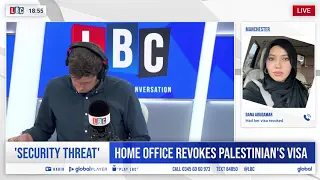

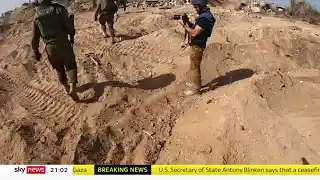

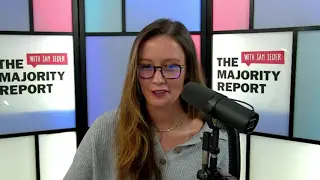

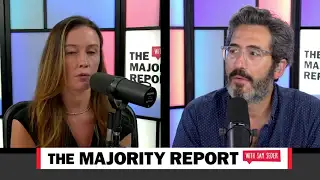







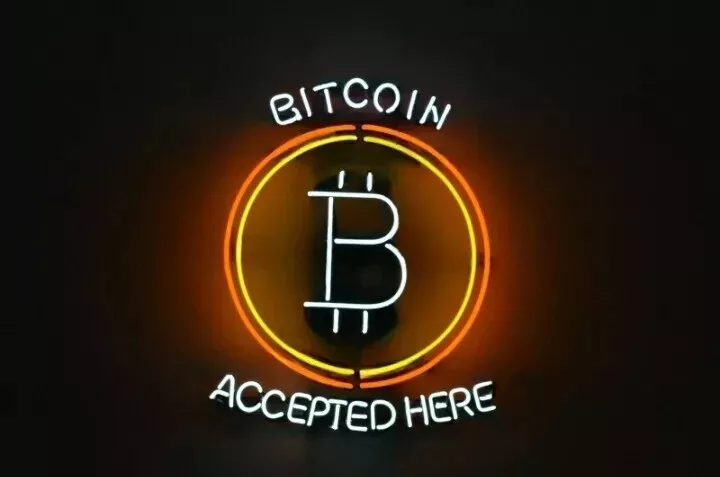


Discussion about this post